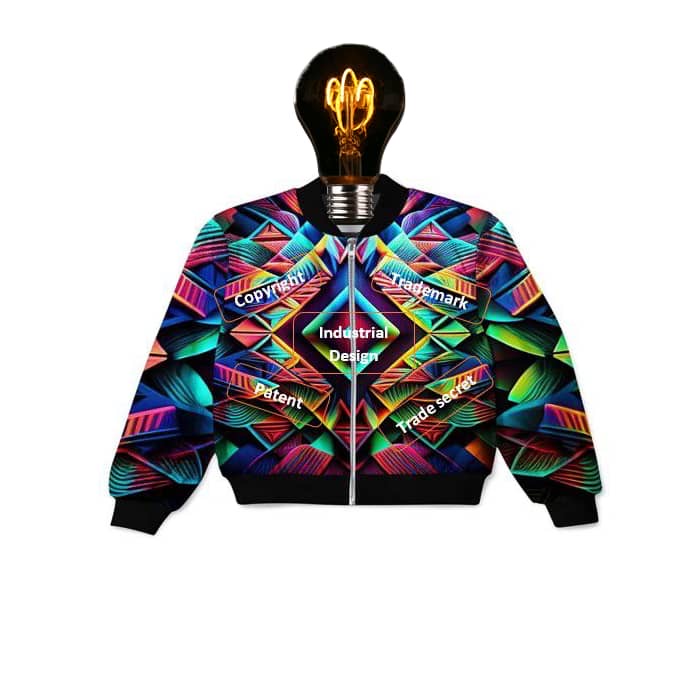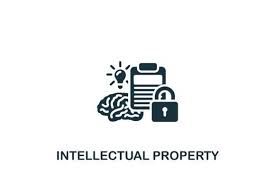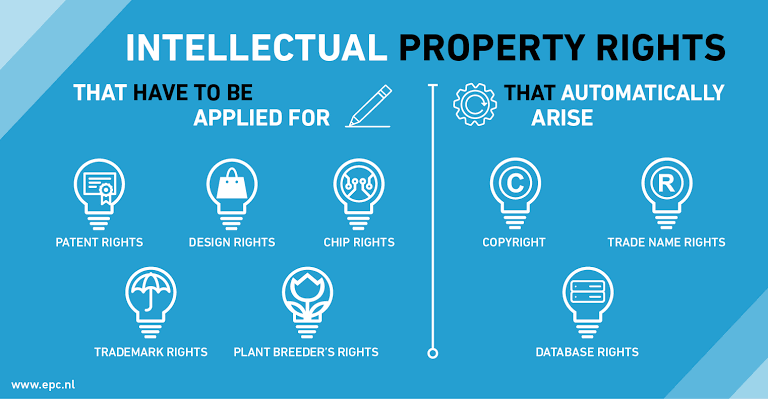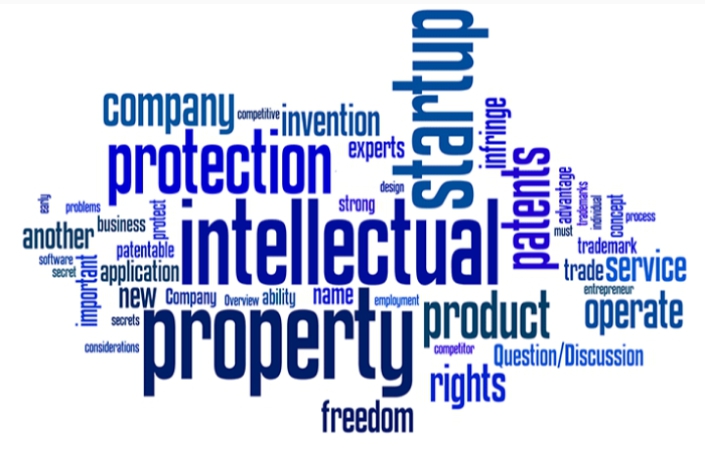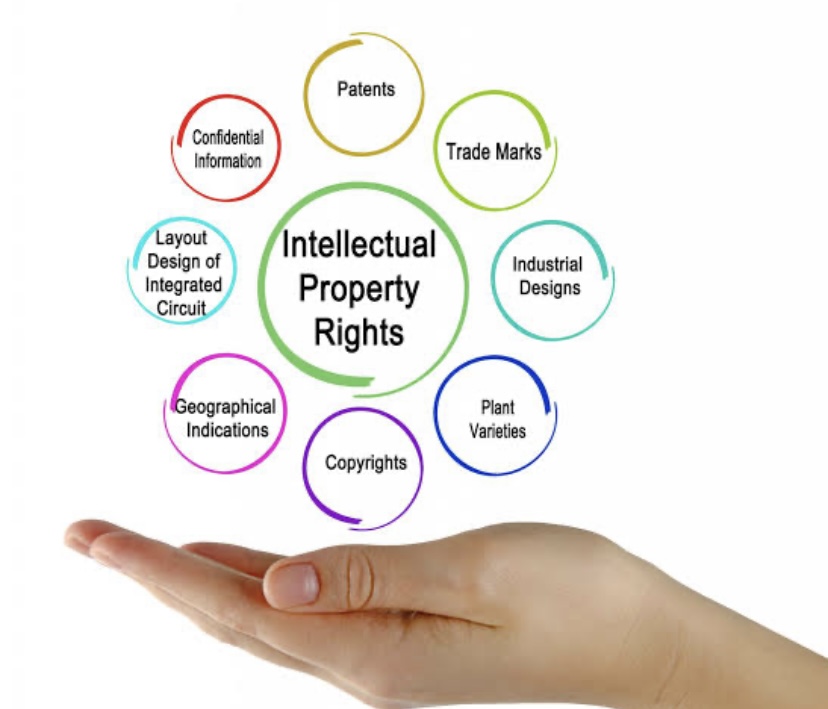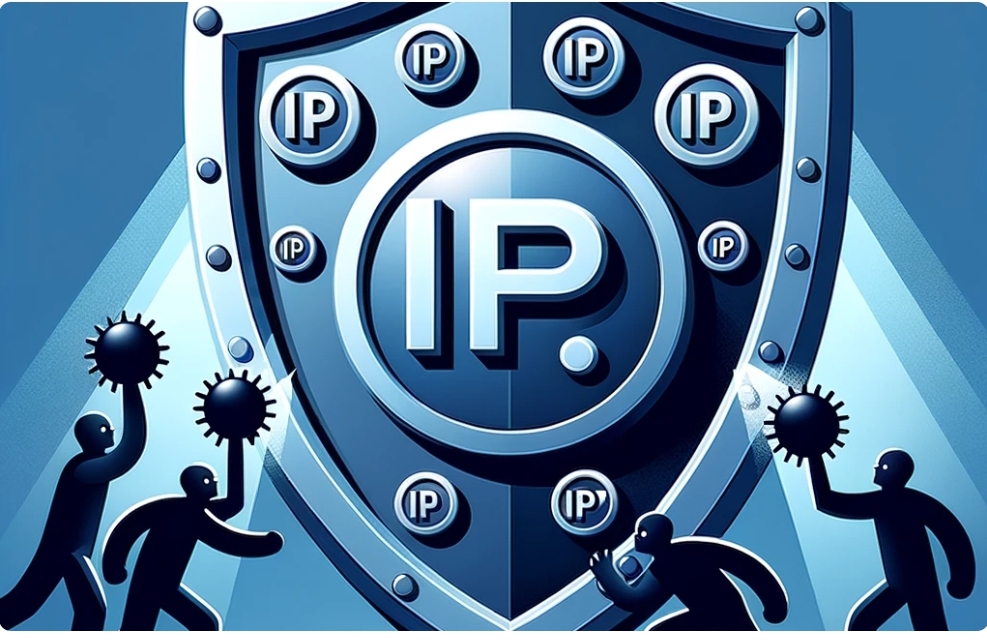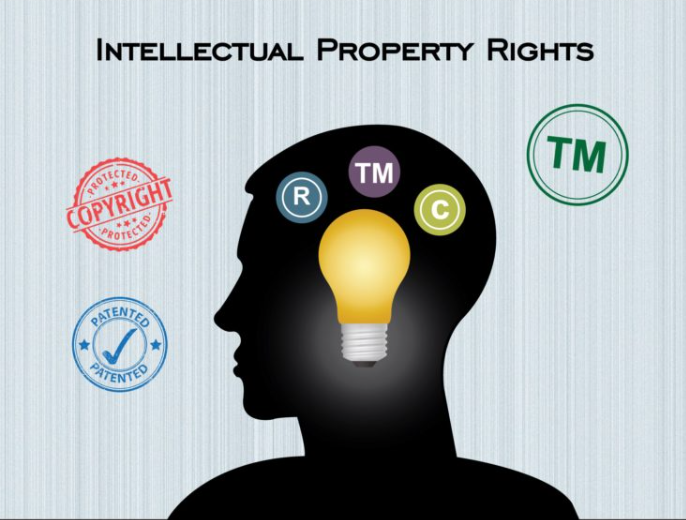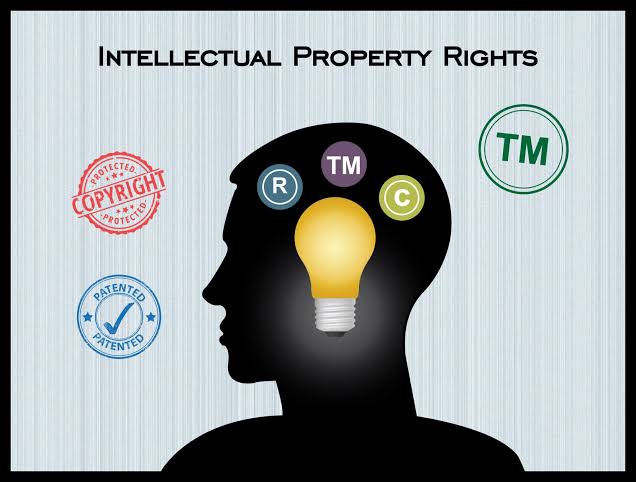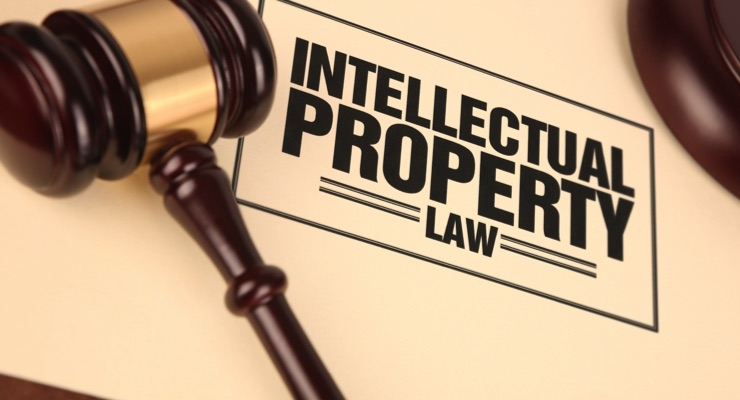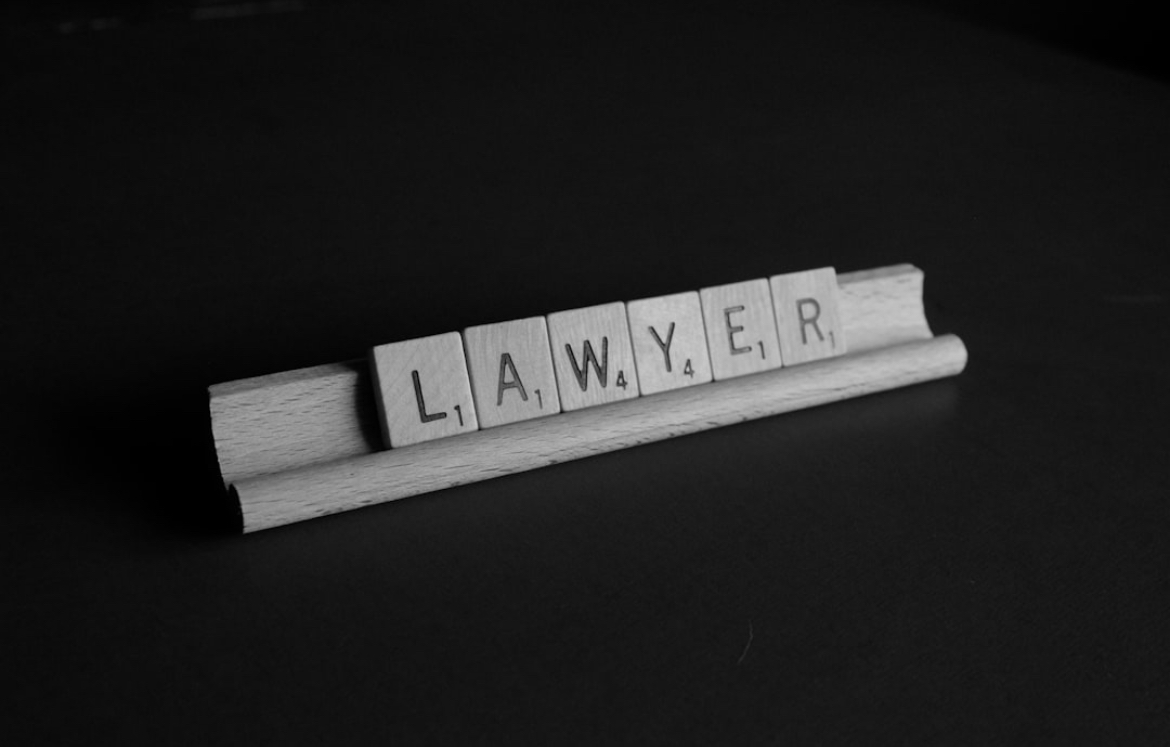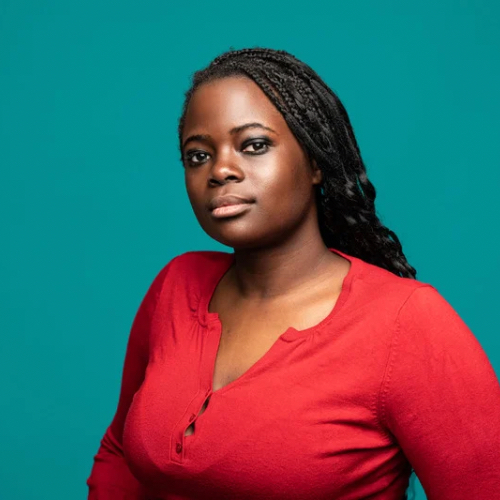
Registering or incorporating your business is an important first step in building a sustainable enterprise. It gives your company legal recognition and a formal structure for growth. However, many entrepreneurs stop here and overlook a very significant aspects of business security: protecting their intellectual property (IP).
Intellectual property refers to the intangible assets that give your business its unique identity and competitive edge. These includes, your brand name, your logo, your creative works, your inventions, and even confidential business information. Without protection, these assets can be copied, misused, or claimed by others, leaving you at a disadvantage.
In this article, we provide a simple guide for entrepreneurs and founders in Nigeria to understand what intellectual property means, what aspects of their business can be protected, and the steps they can take to secure it.
Can Ideas Be Protected?
A common question founders ask is whether their ideas can be legally protected. The answer is no. The law does not protect ideas in their raw form. Protection only arises when the idea is expressed in a tangible form, such as a product design, a piece of software, a business logo, or written content.
For example:
An idea for a food delivery business cannot be protected.
But the business name, logo, app design, and software code can be.
This is why execution matters. Moving from concept to creation allows the law to recognize and protect your work.
What in Your Business Can Be Protected?
Here are some of the core areas where intellectual property applies to most businesses:
Business Name and Logo (Trademarks)
A trademark secures your name, logo, slogan, or even a unique colour scheme, preventing others from trading under your identity.
Creative Works (Copyright)
Copyright covers original works such as graphic designs, software, photographs, books, music, and videos. While protection exists automatically at creation, registration makes enforcement much stronger.
Inventions and Processes (Patents)
If your business has developed a new product or innovative process, you may be able to secure patent protection, giving you exclusive rights for a defined period.
Confidential Business Information (Trade Secrets)
Certain knowledge, such as formulas, recipes, or customer lists, is best protected as a trade secret. The law does not protect secrets automatically, so the right steps, and contracts (like NDAs) are essential.
Why Intellectual Property Matters
Intellectual property is not just a legal concern; it is a business strategy. Protecting your IP can:
- Safeguard your brand identity from misuse.
- Strengthen investor confidence, since IP is often treated as a business asset.
- Prevent costly disputes with competitors.
- Enhance your company’s valuation and open licensing or franchising opportunities.
Without IP protection, the very things that set your business apart could be taken or diluted by others.
Steps to Protect Your IP in Nigeria
Here are practical steps every founder should take after incorporation:
- Register Trademarks: Secure your brand name, logo, and slogan with the Trademarks, Patents, and Designs Registry.
- Register Copyrights: File creative works with the Nigerian Copyright Commission for added enforcement.
- Apply for Patents (if relevant): If your innovation qualifies, consult a lawyer to file for patent protection.
- Use Contracts and NDAs: Always sign agreements before sharing confidential information with staff, partners, or collaborators.
- Seek Professional Guidance: Intellectual property law can be technical. Work with professionals to develop a tailored protection strategy for your business.
Registering your business gives it legal identity, but protecting your intellectual property ensures its long-term security and growth. As an entrepreneur in Nigeria, it is not enough to have an idea or even to incorporate, you need to take deliberate steps to secure the assets that make your business unique.
At Metalex Legal, we help entrepreneurs and businesses understand, register, and protect their intellectual property so they can build with confidence.







